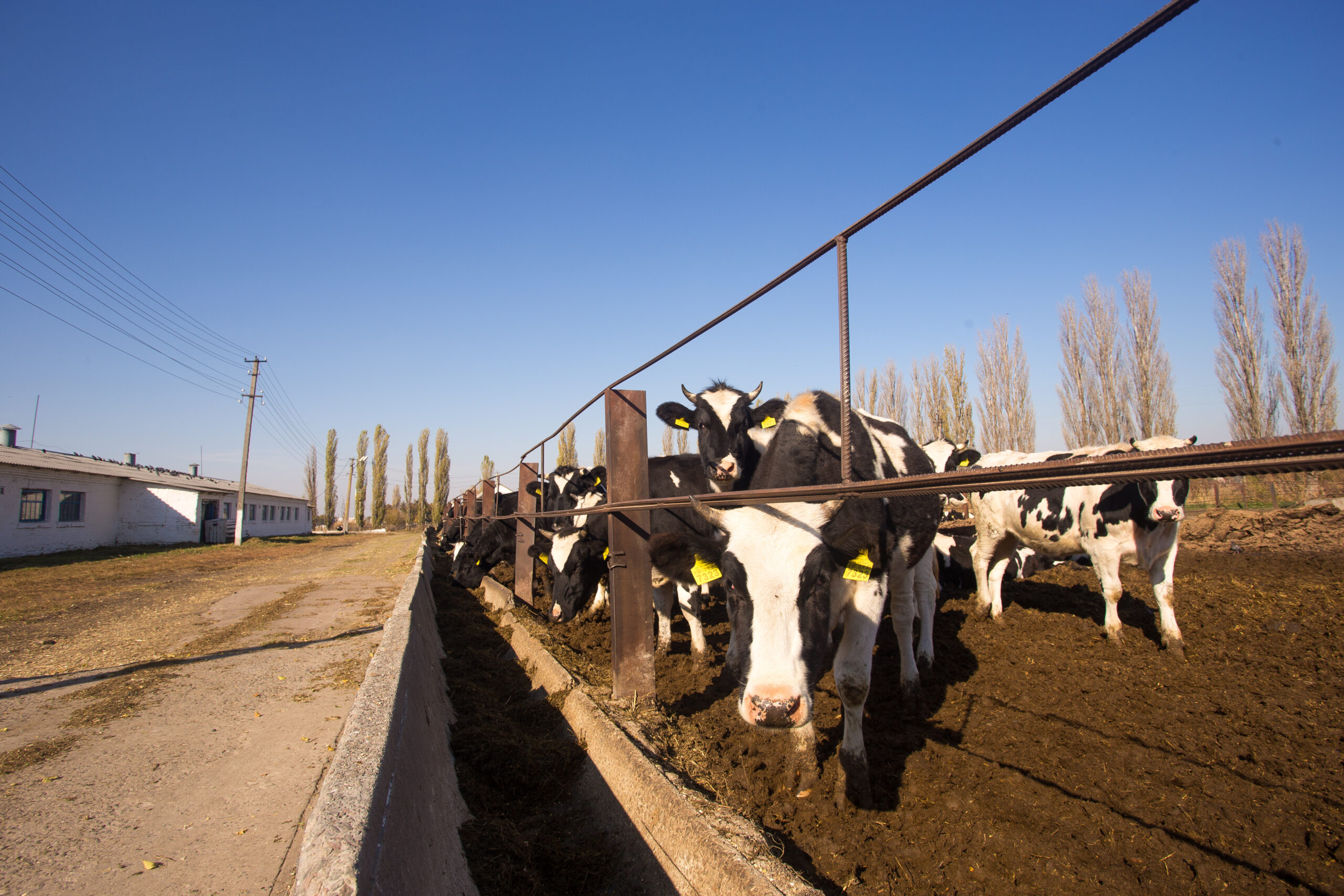U.S. Closes Border to Livestock Imports from Mexico Amid Screwworm Threat
U.S. Closes Border to Livestock Imports from Mexico Amid Screwworm Threat
The U.S. has closed its border to all livestock imports from Mexico until further notice following confirmed detections of New World screwworm (NWS) in northern Mexico. The closure, announced by the U.S. Department of Agriculture’s Animal and Plant Health Inspection Service (APHIS) on Monday, May 12, is a precautionary measure to protect U.S. livestock from this dangerous pest.
NWS is a parasitic fly whose larvae feed on the living tissue of warm-blooded animals, including livestock, wildlife, pets, and even humans. Left untreated, infestations are often fatal. The pest is not currently present in the United States, but an outbreak was confirmed in Southern Mexico in November 2024. With two recent detections just 127 miles from the U.S. border, time is of the essence to stop the spread.
NWS has been spreading north from South America through Central America. Since the first detection in Mexico in November 2024, there have now been over 1,400 cases reported. Experts believe illegal livestock imports from South America into Mexico are fueling the continued spread. In response, APHIS is also raising awareness about the risk of illegal or stray equines, cattle, and infested wildlife crossing into the U.S., which could unknowingly introduce the parasite.
While the land border is closed to livestock, horses may still be flown into U.S. import centers from Mexico. Exports of animals from the United States to Mexico remain open.
To combat screwworm, the U.S. and Panama have long maintained a sterile fly release program to prevent the pest’s northward spread. However, the Panama facility is now at maximum capacity, producing over 100 million sterile flies a week. A second sterile fly production facility—ideally located in the U.S.—is urgently needed, but funding for construction has yet to be approved by the USDA or Congress.
APHIS urges all livestock handlers, veterinarians, and equine professionals to stay alert for signs of NWS infestation and report any suspicious cases immediately. Preventing the reintroduction of this devastating parasite is critical to safeguarding U.S. animal agriculture.

